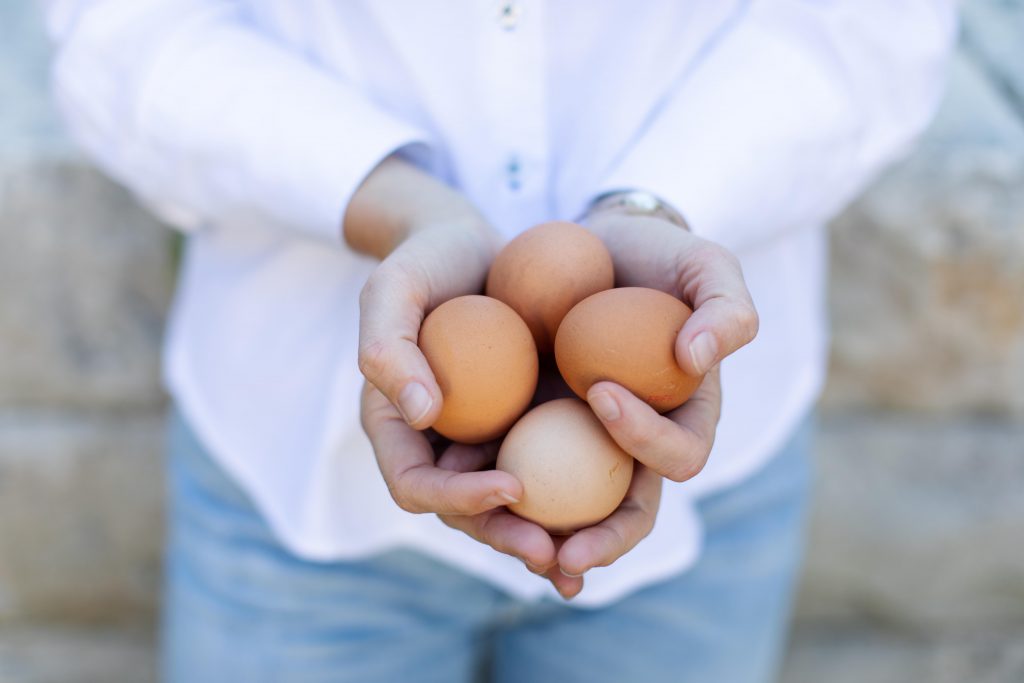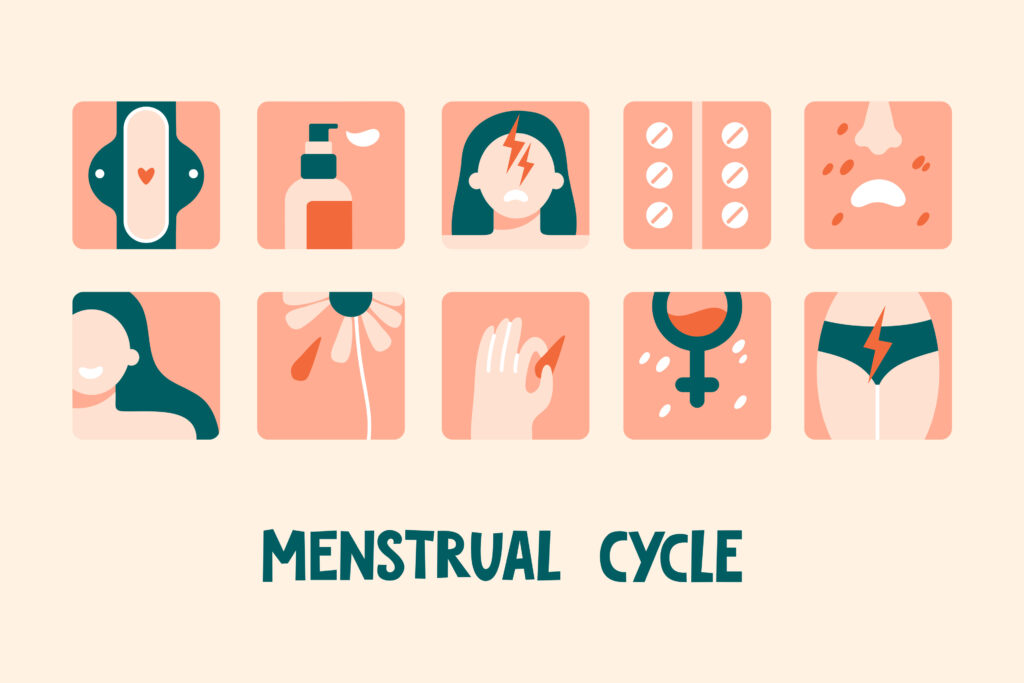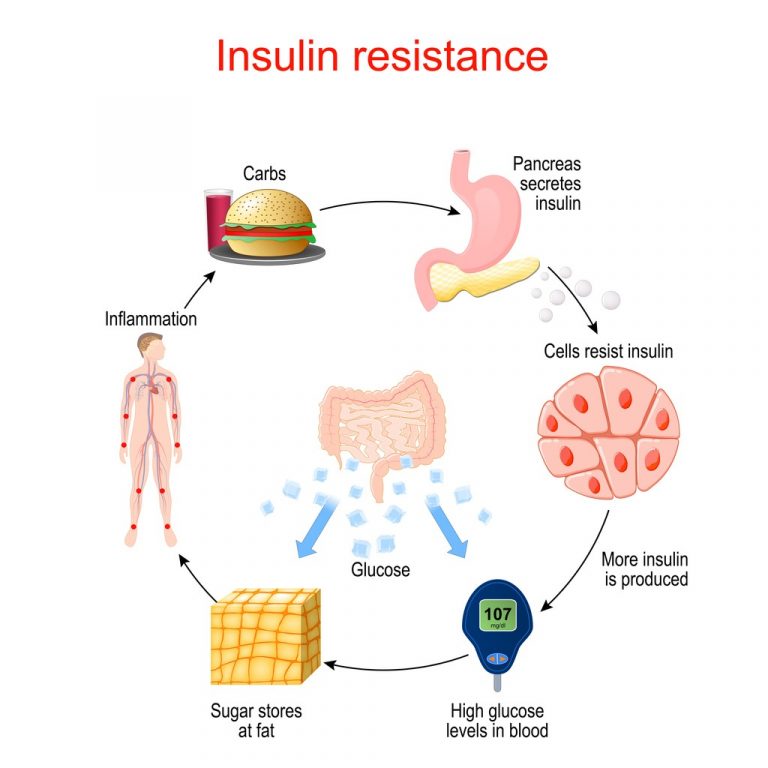
Embarking on the journey towards parenthood can be both exciting and challenging. For many couples, conception doesn’t come easily, and they often seek assistance from fertility specialists, but may not have heard of a fertility dietitian!
A fertility dietitian is an Accredited Practising Dietitian who specialises in nutrition for reproductive health for both women and men. Working with a fertility dietitian can play a crucial role in optimising fertility for both him and her, when wanting start a family. Or, we can help improve fertility through nutrition strategies if you have reproductive conditions like PCOS, endometriosis, hypothalamic amenorrhea or irregular periods.
Below are just some of the ways a fertility dietitian can boost your chances of pregnancy –

- Improve Egg Quality
There are some factors that affect egg quality (some of which we cannot control – like our age!). Luckily there are lots of strategies to boost egg quality. Eating the right foods like fruit and veggies which are full of antioxidants can enhance egg quality naturally. Additionally, there are certain supplements for egg quality like CoQ10 or Ubiquinol and omega-3 fats like DHA.
A higher quality egg can lead to a higher quality embryo, improving chances of conception. For successful conception we also need a nice home for the embryo – the uterus! Did you know that your diet can assist with preparing the uterus for implantation? The uterine lining thickness, microbiome and inflammation in the environment can be, in part, assisted by diet! These are all ways to enhance fertility naturally.
- Improve Menstrual Cycle Health and Hormonal Imbalance
Balancing hormones is essential for fertility, and diet plays a significant role in achieving this balance. A fertility dietitian can recommend foods that support hormonal regulation, such as those rich in omega-3 fats, antioxidants, and fiber, while minimizing foods that may disrupt hormone levels, such as refined sugars and trans fats. Fertility dietitians can recommend dietary strategies to regulate menstrual cycles, manage symptoms of PCOS, and support overall reproductive health.

- Correct Nutrient Deficiencies Prior to Conception
In addition to dietary recommendations, a fertility dietitian can review your blood tests, and/or may recommend getting specific blood markers checked. This would then include suggestions for specific nutrient supplements to address any deficiencies or improve levels like vitamin D to optimal targets. Common supplements include folic acid, vitamin D, omega-3 fatty acids, and antioxidants, which have been shown to support reproductive health. If you have any questions like “is methylated folate better than synthetic folic acid?”, I can help you understand the difference.
4. Create a Unique Prenatal Supplementation Plan
Each person is completely unique when it comes to their diet and medical history. This means that there is no universal prenatal supplement, i.e. not one size fits all! An individually tailored prenatal supplement plan can give you the confidence you are covering all bases when it comes to fertility enhancing nutrients.
Book an express supplement consult below!

5. Improve Sperm Health
A fertility dietitian can also work with your partner to improve preconception health. Just as higher egg quality is more likely to lead to improved rates of natural conception, IVF outcomes and long term infant health outcomes, so too is higher quality sperm! Fortunately for men, with the right lifestyle, diet and nutrient changes we can see big improvements in semen quality in as little ast 74 days! Book a prenatal supplement consultation for your man here and learn the best supplements for sperm health.
6. Enhancing Fertility Treatments
For couples undergoing fertility treatments such as in vitro fertilization (IVF) or intrauterine insemination (IUI), male infertility treatment or fertility egg freezing, nutrition plays a crucial role in optimising chances of a healthy pregnancy and IVF success rates. A fertility dietitian can work alongside your IVF clinic to develop a nutrition plan that complements your treatment protocol and is specific to you and maximizing your chances of success. A fertility specialist will agree that lifestyle factors and egg quality can be related, similarly to lifestyle factors and male factor infertility.

7. Assist with Your Weight Management Goals
If you wish, a fertility dietitian can help you to increase or decrease your weight (or rather your body fat levels) in a realistic and sustainable way that will prepare you for pregnancy. Research has shown that women who fall into higher ranges on the BMI scale are at an increase risk of pregnancy and obstetric complications. Having fat stores that are too low can impact ovulation and menstrual regularity like hypothalamic amenorrhea (HA), which can cause issues when you are trying to conceive. If your body weight is too low in pregnancy there is an increased risk of preterm birth and having a low birthweight baby (Yu et ll., 2013). Working with a fertility dietitian will help create the best nutrition plan for fertility.
8. Tailored nutrition plans for him and her
Fertility dietitians assess your unique nutritional needs and can create personalised meal plans tailored to optimise fertility. These plans often focus on nutrient-dense foods that support reproductive health. The Mediterranean diet is the most researched diet when it comes to fertility. It contains fertility-boosting foods like lots of seafood, lean meats like chicken and turkey, plenty of vegetables and legume dishes combined with fruit, seeds and a variety of nuts!

9. Hydration, caffeine consumption and alcohol intake
Hydration status can affect the volume and viscosity of semen, as semen is made up of mostly water! And for females, cervical mucus in women is also composed of mostly water. The water content is responsible for support sperm transit to the egg. A fertility dietitian can assist you with making the right choices around which fluids are best to include and how to make sure you are remembering to get the right amount in!
Worried about whether you can still have your morning coffee and not affect your chances of getting pregnant? A fertility dietitian can give you exact guidelines on how much caffeine you can consume from all sources when you are trying to get pregnant. Similarly, we can explain how much alcohol is safe when trying to conceive.
10. Assist with Food Safety in Early Pregnancy
Food safety in pregnancy can be an absolute minefield and source of huge anxiety! A fertility dietitian can help you de-mystify and focus on what you can eat, and also what to avoid to protect your growing bub!

Partnering with a fertility dietitian can be a valuable resource for couples seeking to optimize their fertility and increase their chances of conceiving. From personalised nutrition plans to tailored prenatal supplement plans, we offer comprehensive support to help you achieve your dreams of parenthood. If you’re struggling with fertility issues, consider consulting with a fertility dietitian to explore how they can assist you on your path to becoming parents.
Book your free discovery call now! Here we discuss the ways I can help you on your journey to parenthood!



